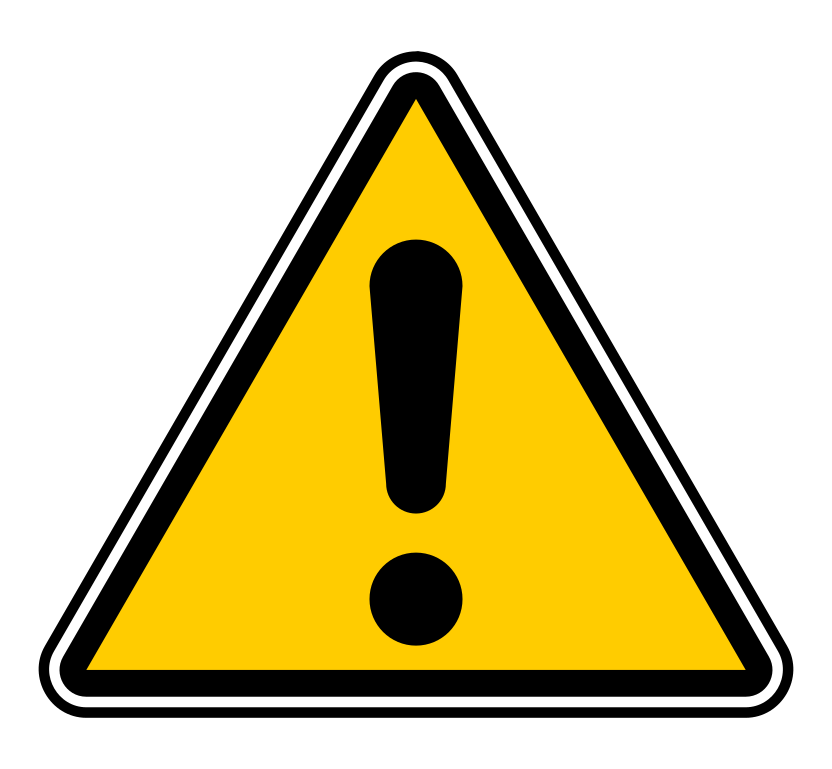ChristinA_85188
New member
BHAT® Cave
ICD-10-CM Blitz
Free CPC Exam
Free ICD-10-CM Exam
Free ICD-10-CM GL Exam
I am in a Coding III class at a university currently. I have successfully learned the basics of CM and PCS. I am very good with PCS and know my way around a bit with CM. We started doing case studies where you code for both and I don't know why I am struggling so hard. Has anyone else run into this? I do not know where I am going wrong or what I am having issues with specifically. Any suggestions to help improve my coding game or is it normal to struggle like this when integrating two or more systems in a case at first?
Thank you!
Thank you!


